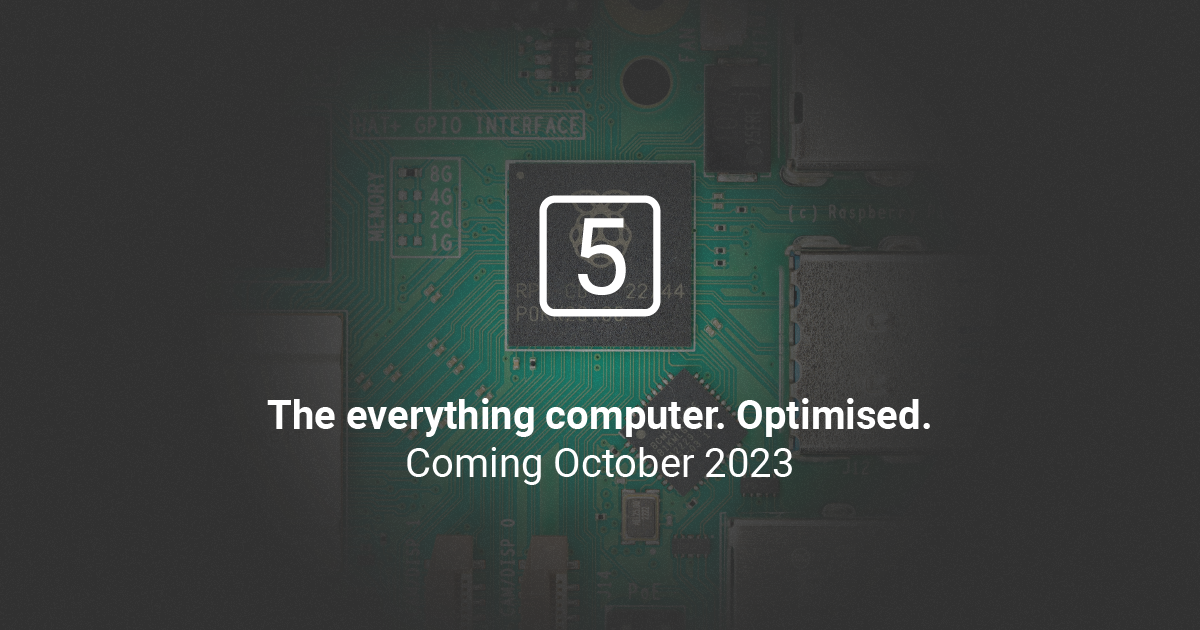- Broadcom BCM2712 2.4GHz quad-core 64-bit Arm Cortex-A76 CPU, with cryptography extensions, 512KB per-core L2 caches and a 2MB shared L3 cache
- VideoCore VII GPU, supporting OpenGL ES 3.1, Vulkan 1.2
- Dual 4Kp60 HDMI® display output with HDR support 4Kp60 HEVC decoder
- LPDDR4X-4267 SDRAM (4GB and 8GB SKUs available at launch)
- Dual-band 802.11ac Wi-Fi®
- Bluetooth 5.0 / Bluetooth Low Energy (BLE)
- microSD card slot, with support for high-speed SDR104 mode
- 2 × USB 3.0 ports, supporting simultaneous 5Gbps operation
- 2 × USB 2.0 ports
- Gigabit Ethernet, with PoE+ support (requires separate PoE+ HAT)
- 2 × 4-lane MIPI camera/display transceivers
- PCIe 2.0 x1 interface for fast peripherals (requires separate M.2 HAT or other adapter)
- 5V/5A DC power via USB-C, with Power Delivery support
- Raspberry Pi standard 40-pin header
- Real-time clock (RTC), powered from external battery
- Power button



Not… really. Remember the voltage rating increases but the capacitance itself can reduce so the dielectric just increases in size but shrinks in layers. Same energy, but since it’s cv^2 you can actually reduce capacitance more.
You’re talking about the bulk input tanks which need to be 100v, the rest of them past the inductor should be the same.
All thus being said, nobody will do this, not for a good reason, the guys who do power circuits think differently than the guys who do logic and their state space equations say it’s not safe, which would be true for reactive loads but for this kind of logic it’s mostly resistive with some obnoxious parasitic inductance and nasty switching noise that the supply caps would filter.
This is changing with the younger generation who don’t have those prejudices.